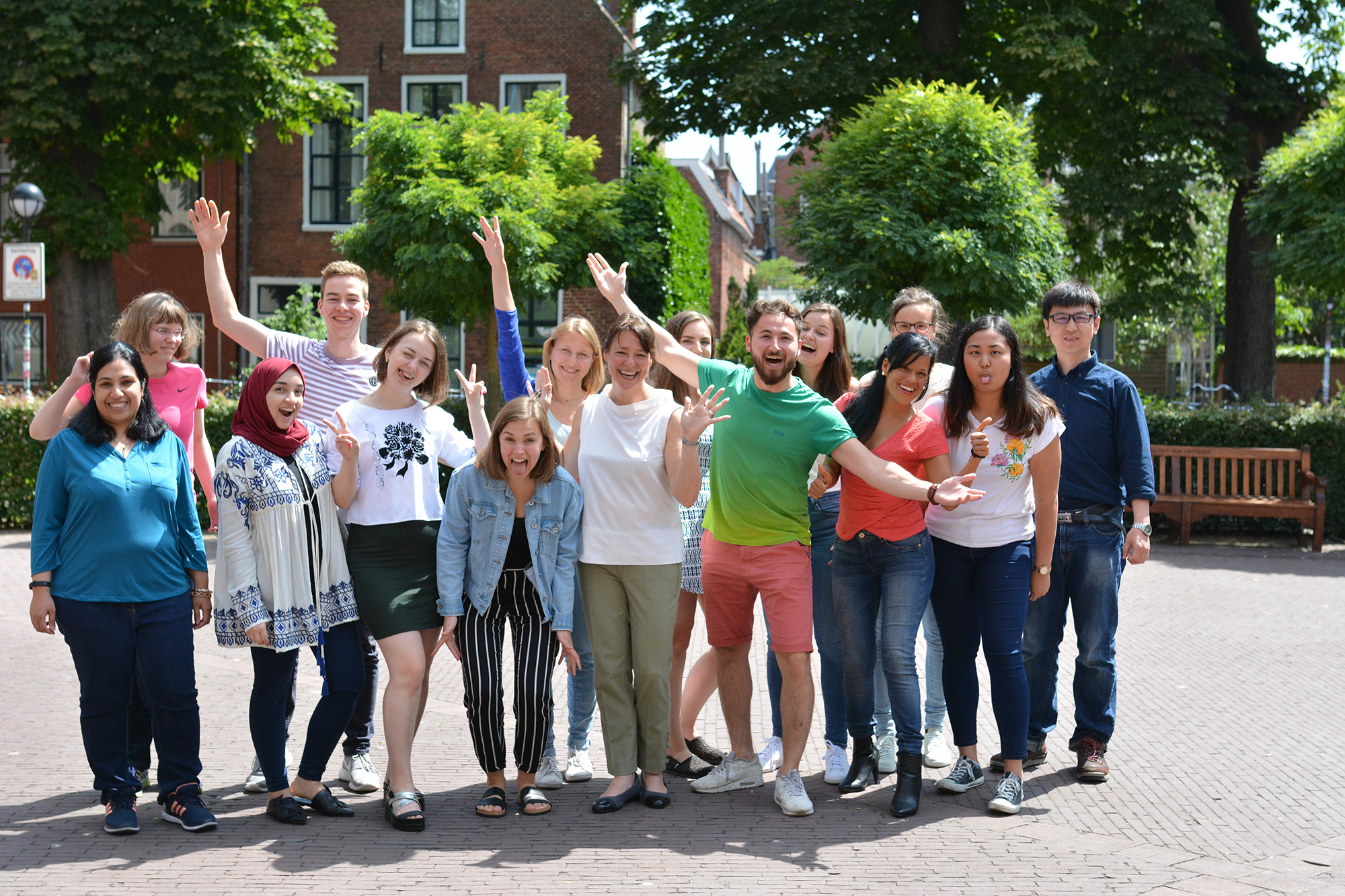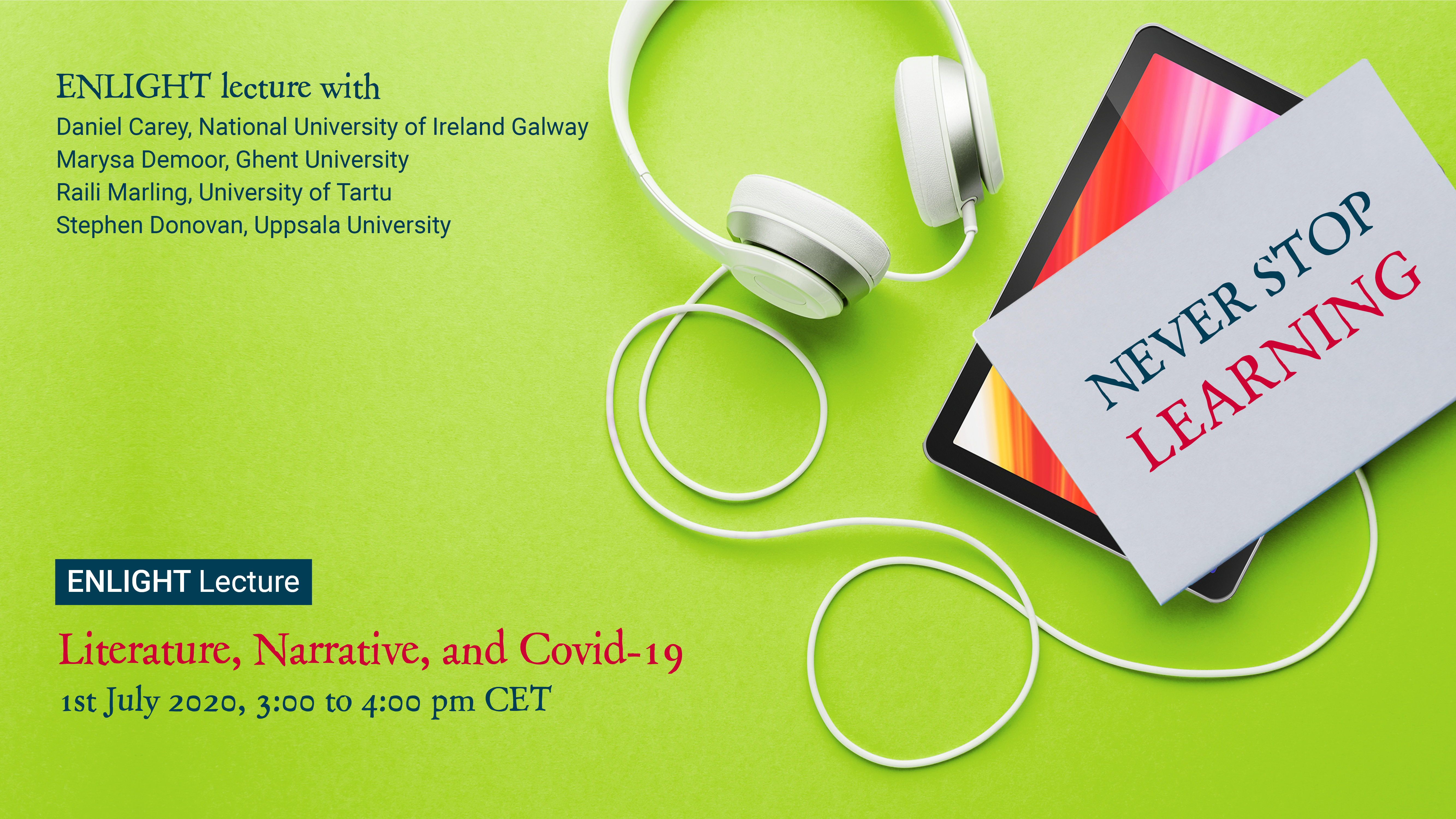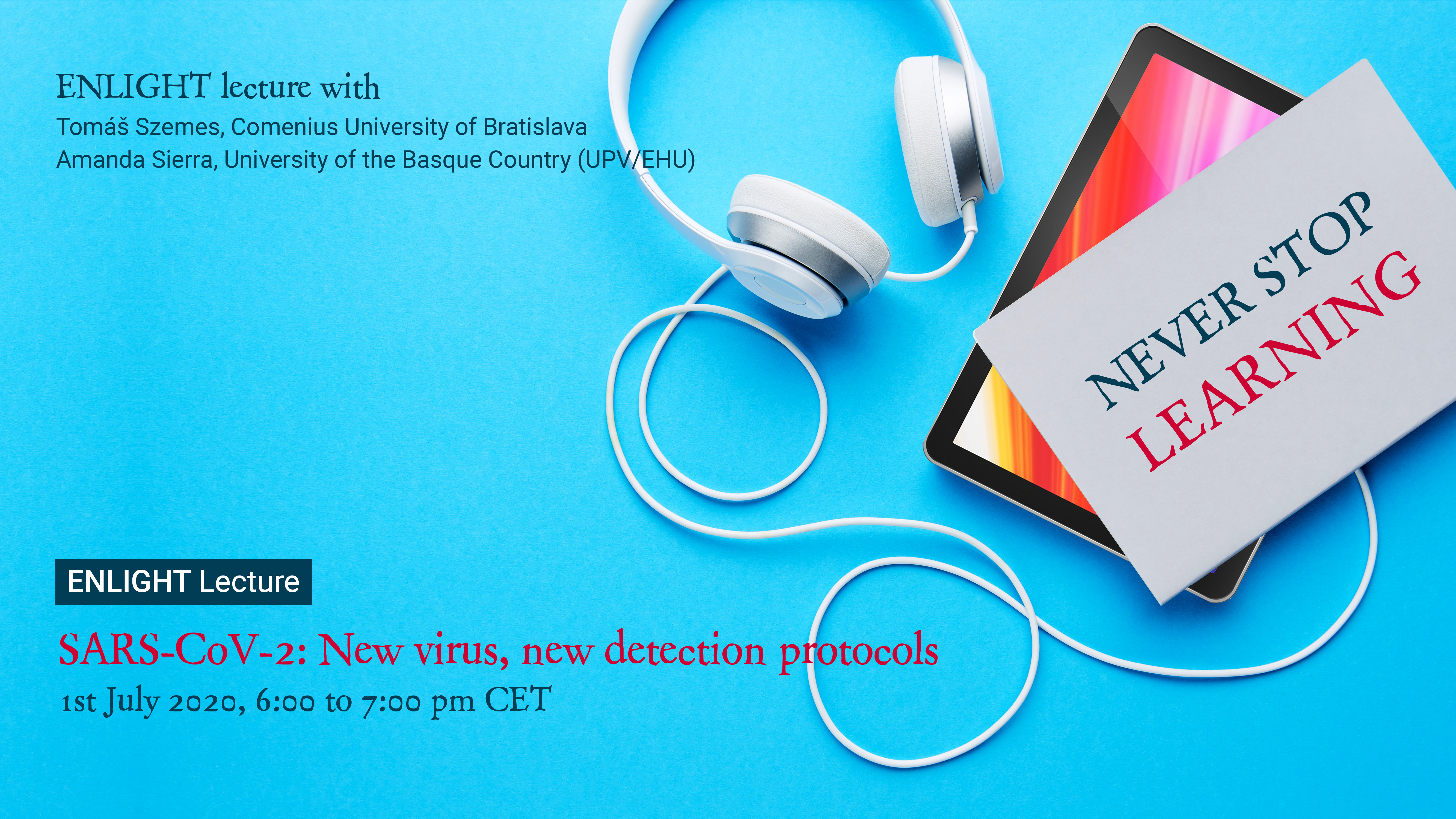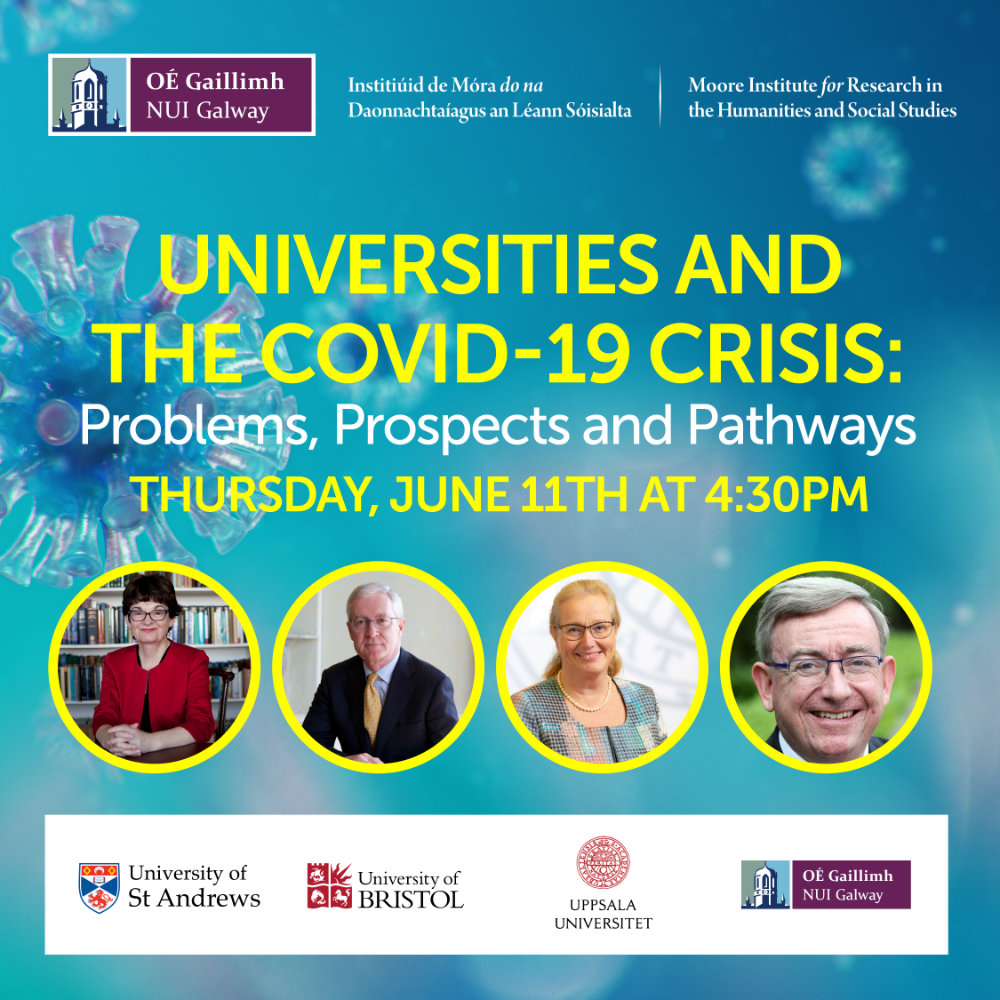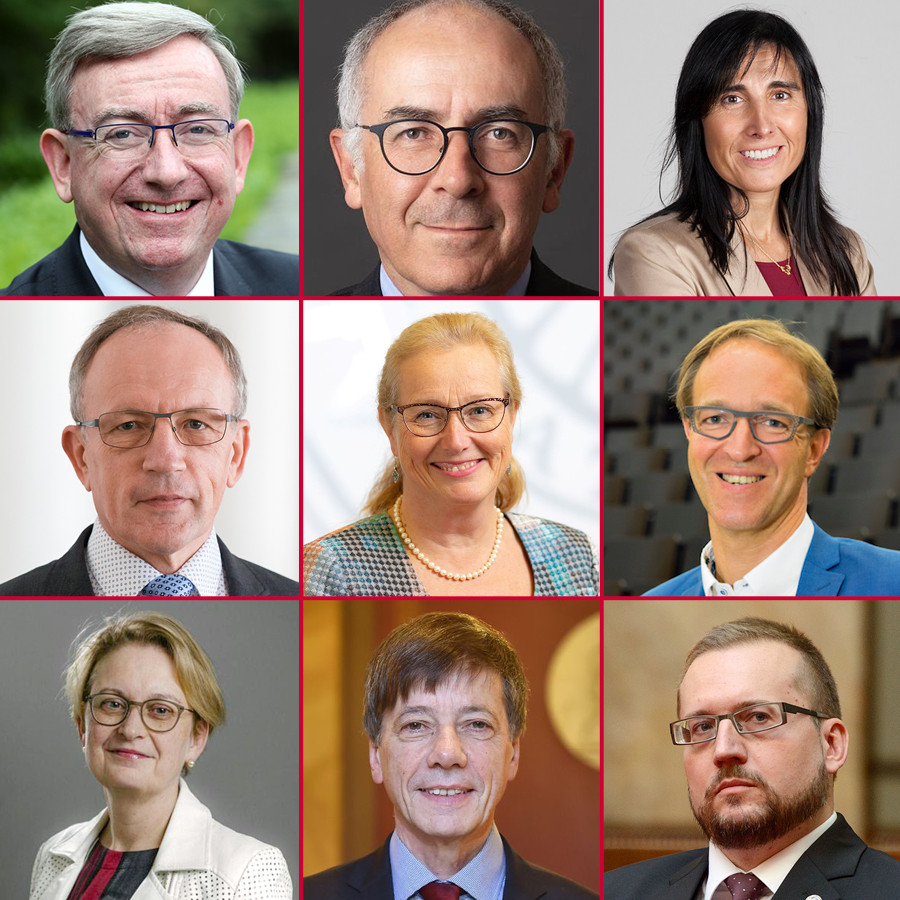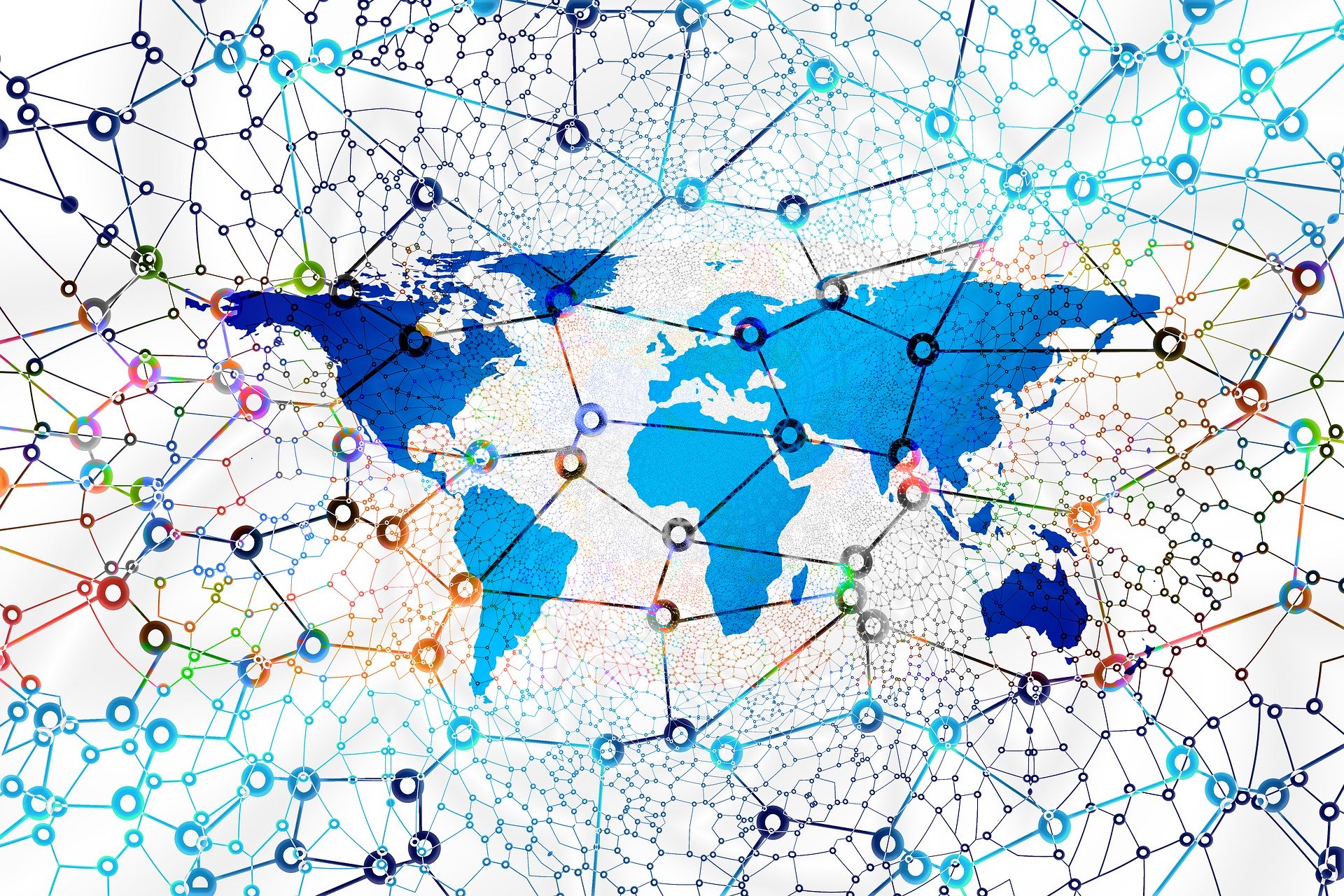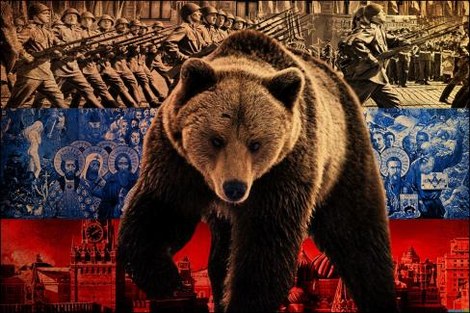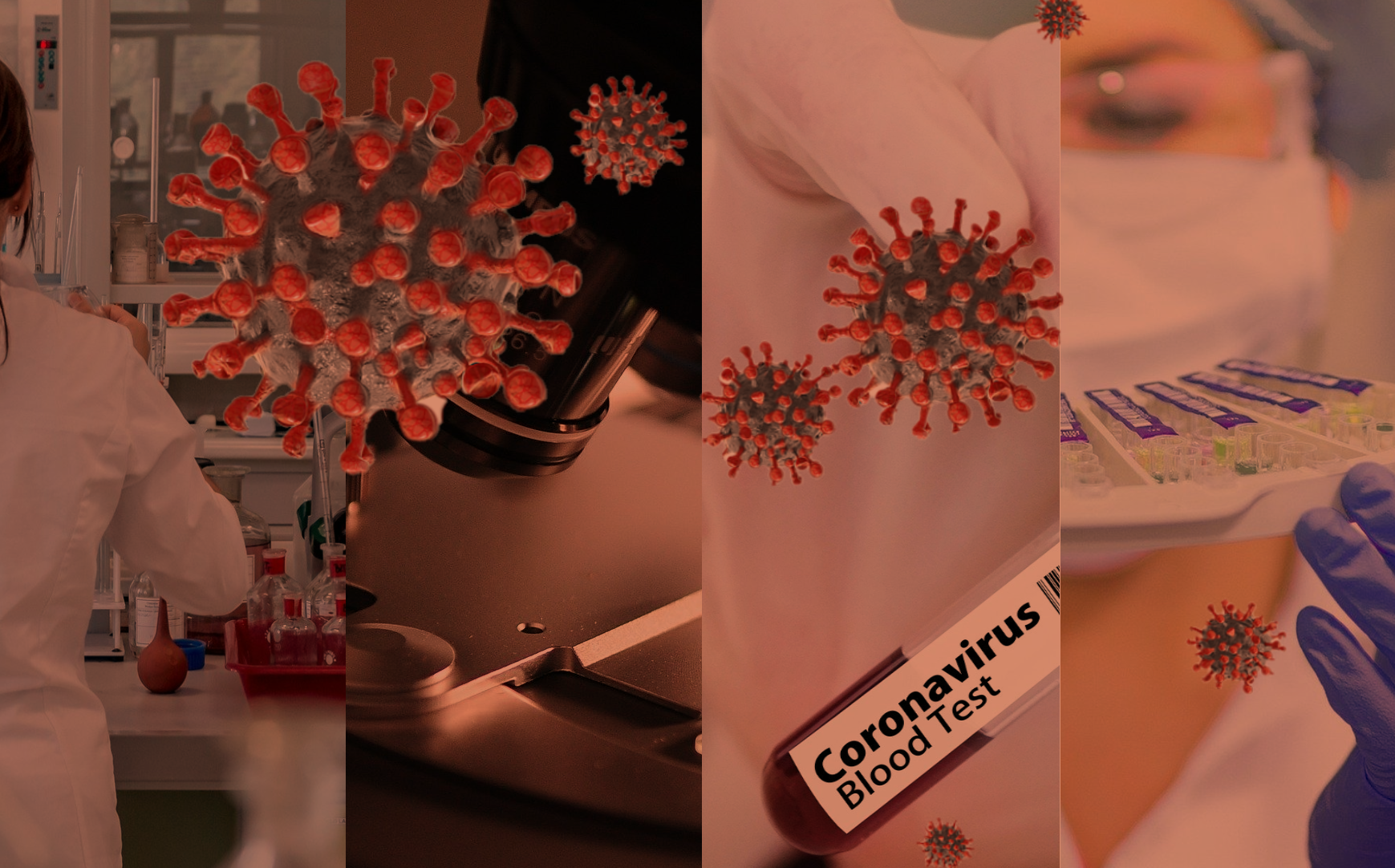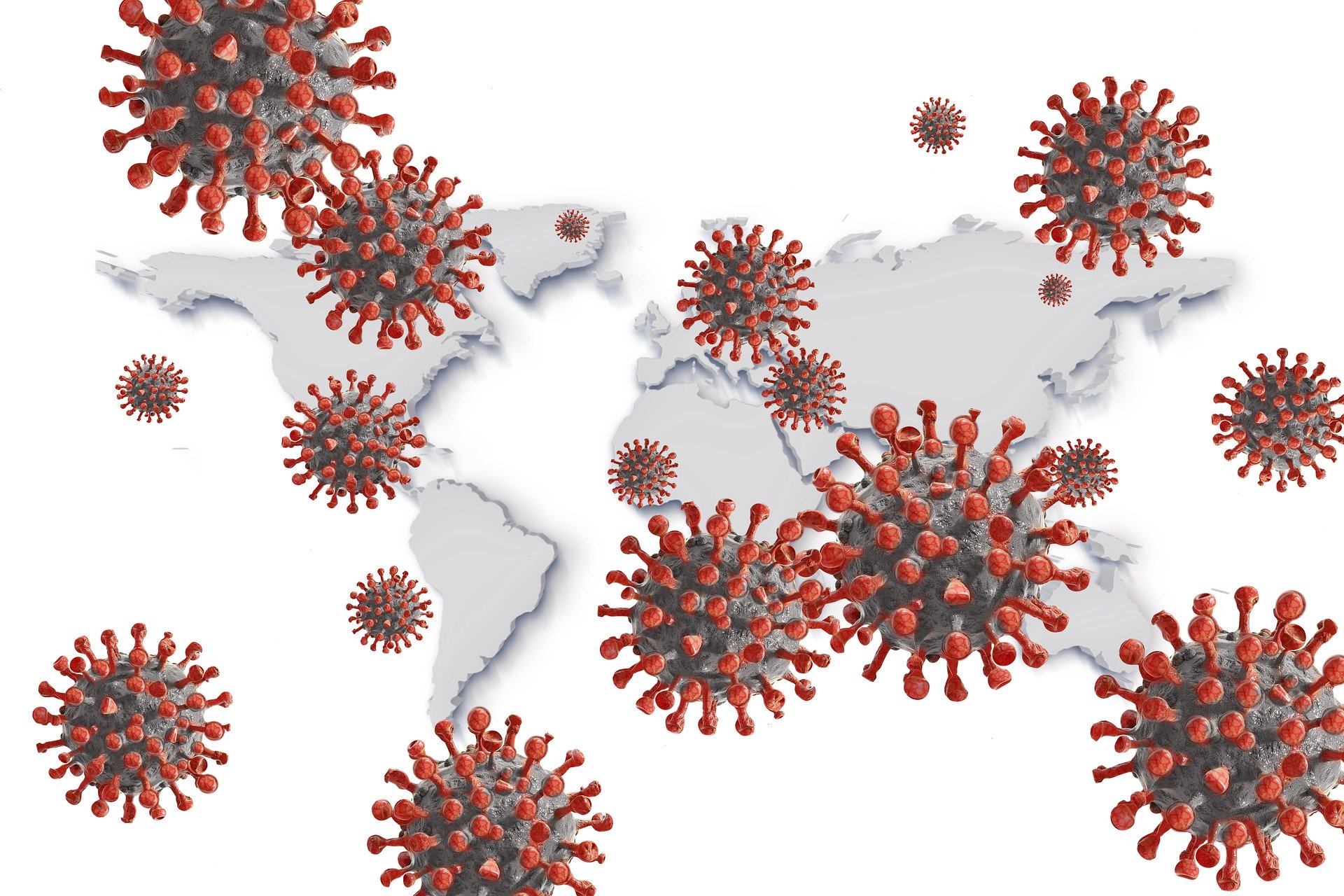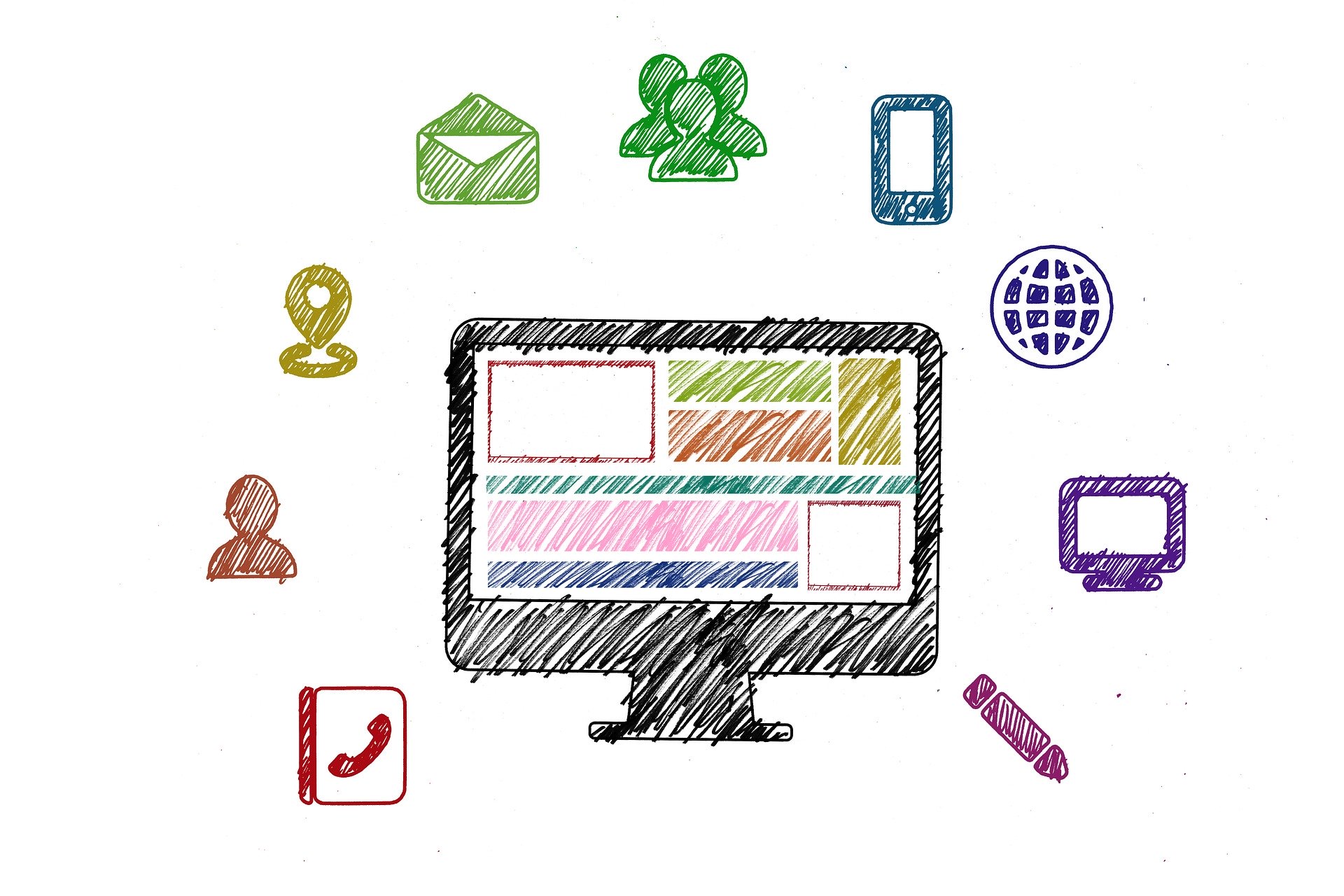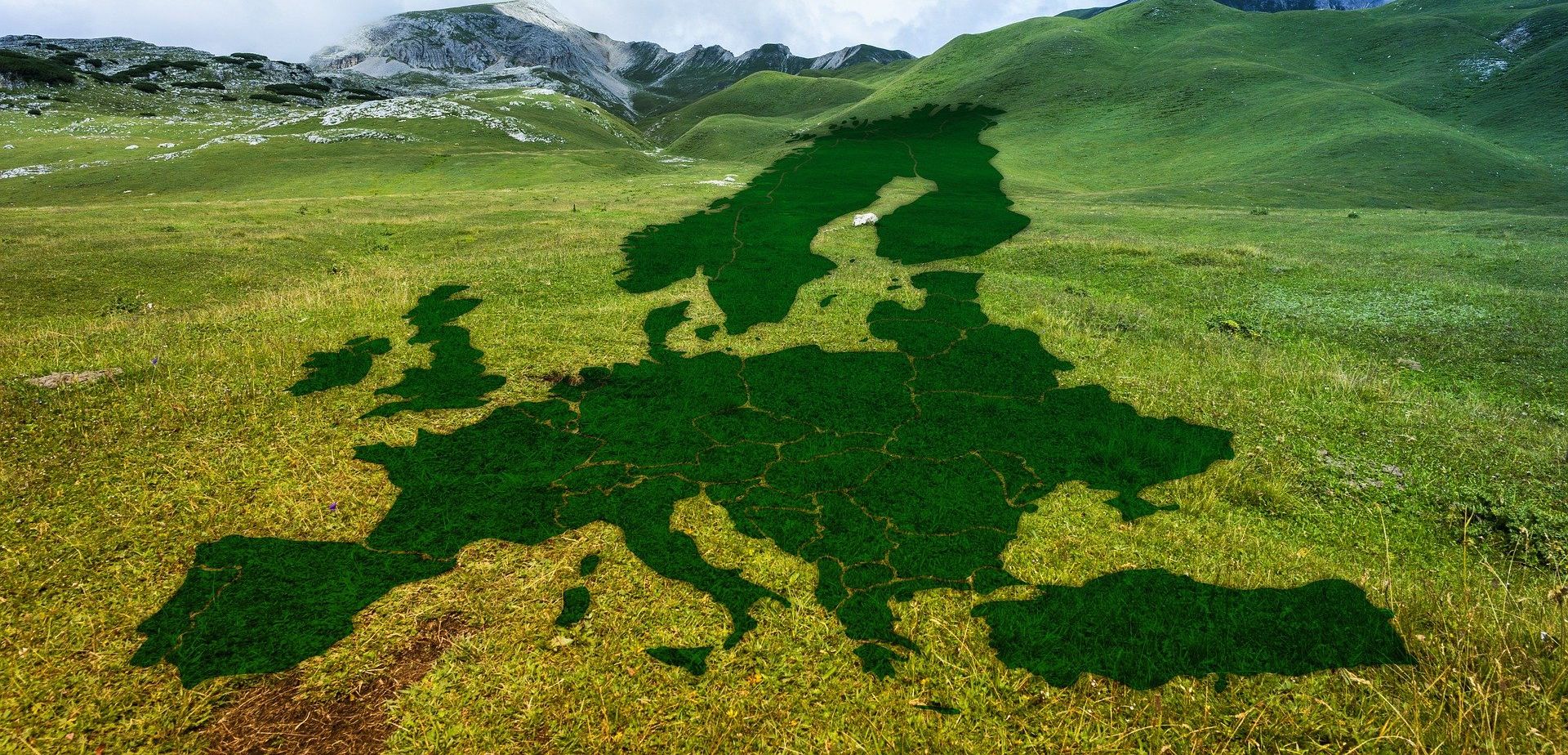
Horizon 2020 European Green Deal Call published (18 September 2020)
One of the priorities of the European Commission is to fight the climate crisis and achieve climate neutrality in Europe by 2050. Research and innovation are to accelerate and navigate transformative changes, create solutions and engage citizens in the process. To this end, the Commission is allocating €1 billion under the last and biggest call of Horizon 2020: the Green Deal call is open and published on https://ec.europa.eu/info/research-and-innovation/strategy/european-green-deal/.

